With my second winter of cycling drawing to an end, I am thinking about the differences between this year's and last year's experiences. I am certainly a better cyclist this time around, and I've also gone through a great deal of trial and error as far as what works and what does not. Here are some notes comparing this winter to the last:
Choosing the right bike for winter
Before last winter began, it seemed that everyone around me was saying that I needed a "winter bike" - a "beater" type mountain bike. I considered it, but ultimately stuck with my Pashley and it worked perfectly well - as did my vintage Gazelle this winter. After my two winters' worth of experience in the snow and salt, I would say that my ideal "winter bike" is one with a chaincase, an internally geared hub, drum brakes, and stable handling. After seeing others struggle with frozen and rusted derailleurs, I would not ride a derailleur bike for transportation in the winter. After getting snow stuck under the calipers on one of my bikes and being unable to stop while going downhill, I will also never ride a rim brakes-only bike in winter.
Road conditions
Last year the amount of snow we had was typical for Boston: It snowed regularly, but not overwhelmingly, and the roads were mostly kept clear by the plows. My classic upright bike with its regular tires was just fine under those conditions, and I did not feel the need for studded tires. This winter, I admit it: Had I gotten studded tires from the start, life would have been easier. But who could have predicted that we would have one crazy blizzard after another this time around? It's too late now, but next winter I might buy studded tires and keep them around just in case.
Temperature control
Last winter this was a huge problem for me - my biggest problem in fact. I just could not get the layering right and would constantly feel either too hot or too cold. This winter I embraced wool, and these problems disappeared. I am converted to such an extent, that I have now sold or given away most of my non-wool clothing, and wear a combination of stuff I've knitted myself and stuff I've bought from technical wool brands like Icebreaker, I/O Bio, Ibex and Smartwool (I plan to write a comparative review of different items from these brands soon).
Recreational cycling
Last winter, I hung up my "sporty bike" (at the time my vintage mixte) in early November and did not retrieve it again until April. This winter I rode recreationally all through November and part of December, and managed to go on a couple of winter rides even after it began to snow. I also got a trainer and began to "cycle" indoors when it became apparent that this winter would me much worse than the last.
Adjusting expectations
If you live in an area with harsh winters, the simple fact is that you will likely cycle less during the winter season - no mater how tough you are. Though mentally I was aware of that last winter, I was not prepared for it emotionally and found myself in a constant state of frustration as a result. Despite this winter being much worse than the last one, I knew what to expect this time around and it was much easier to take. I still cycle for transportation, but my traveling radius has decreased. I also walk a lot, take public transportation, and spend more time working on projects indoors. That's just how it's going to be until (I expect) mid-March or so, and I have adjusted my expectations accordingly.
I know that many of my readers took up transportation cycling around the same time as I did, and are now going through their second winter as well. Have you noticed any differences? lessons learned that you could share with others? And for those who have been cycling for longer, does it get easier with each winter, or are there ups and downs depending on the year?
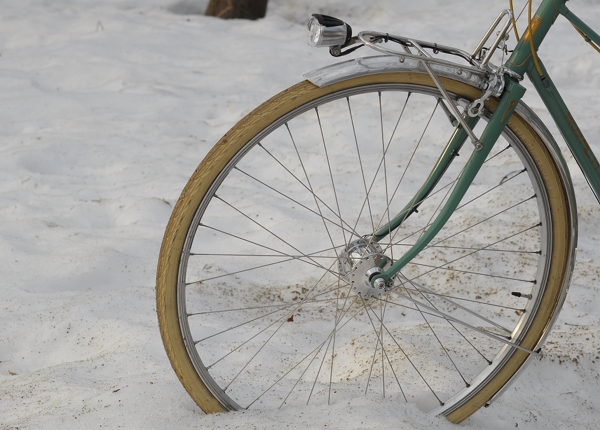
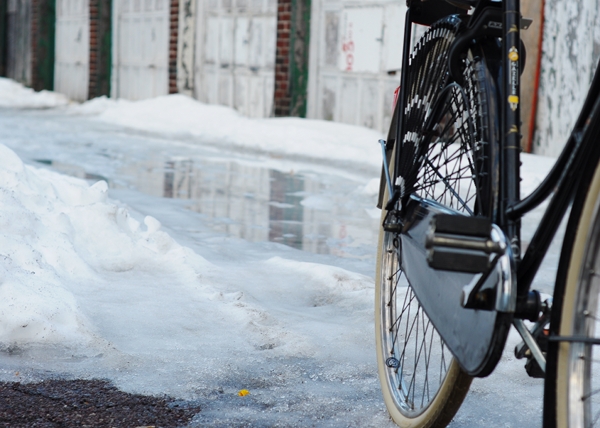
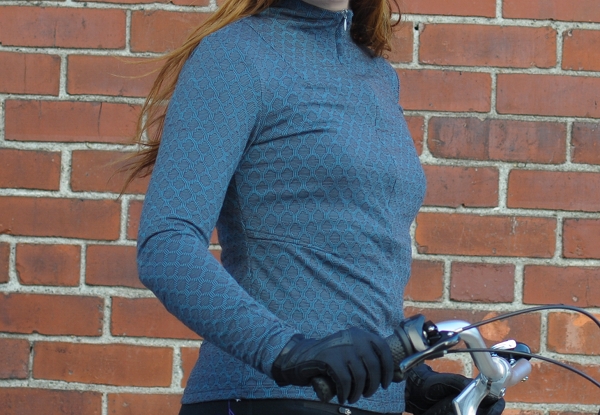
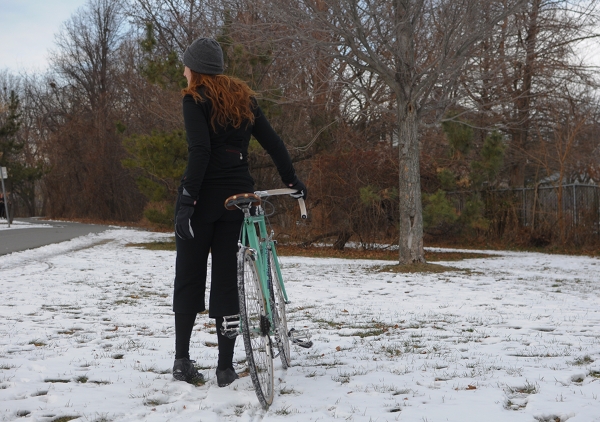
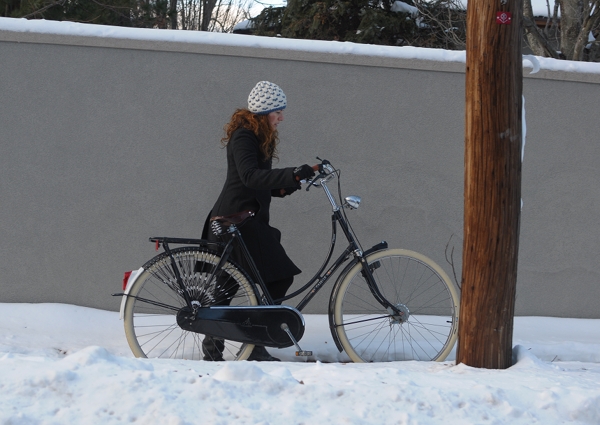





0 comments:
Post a Comment